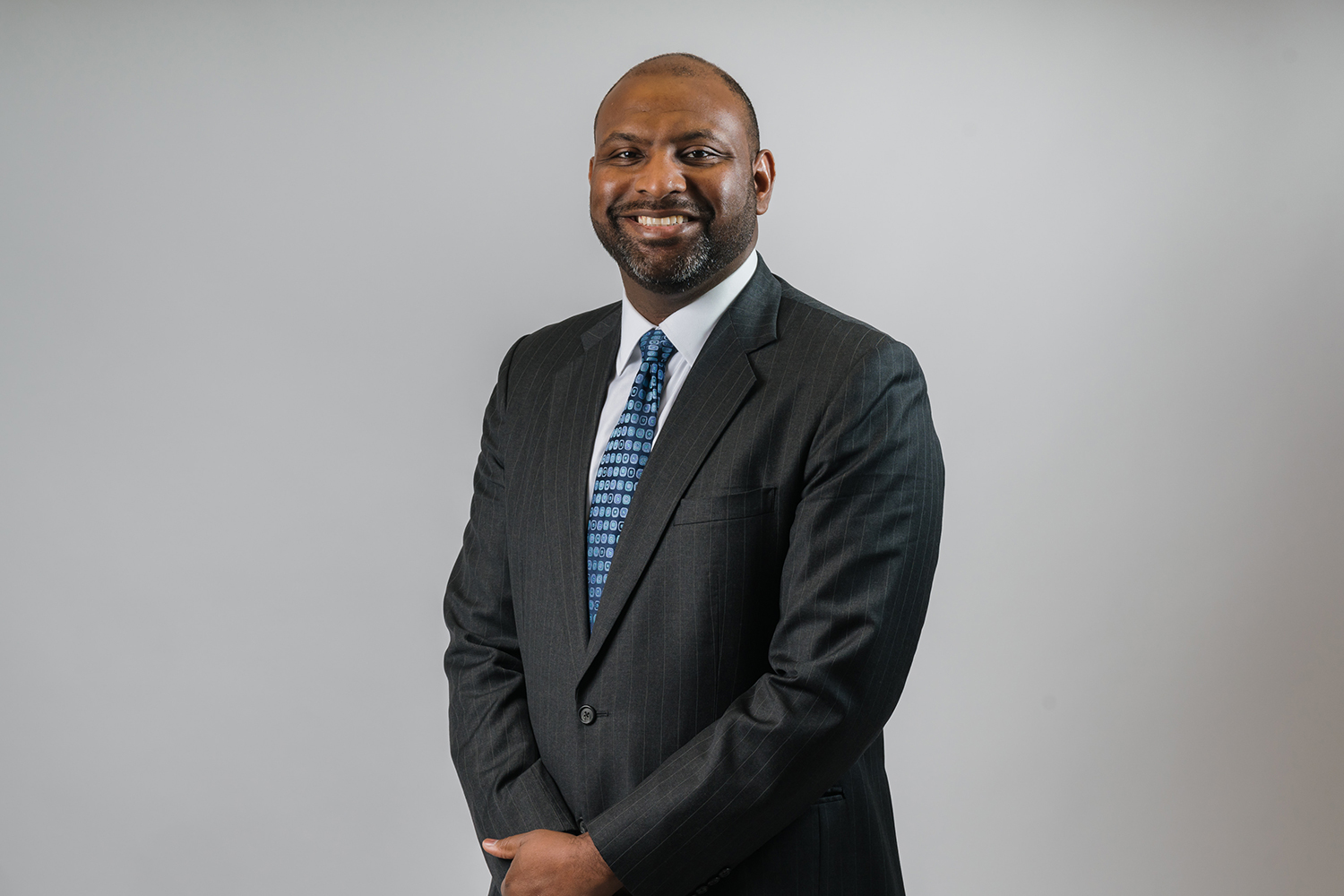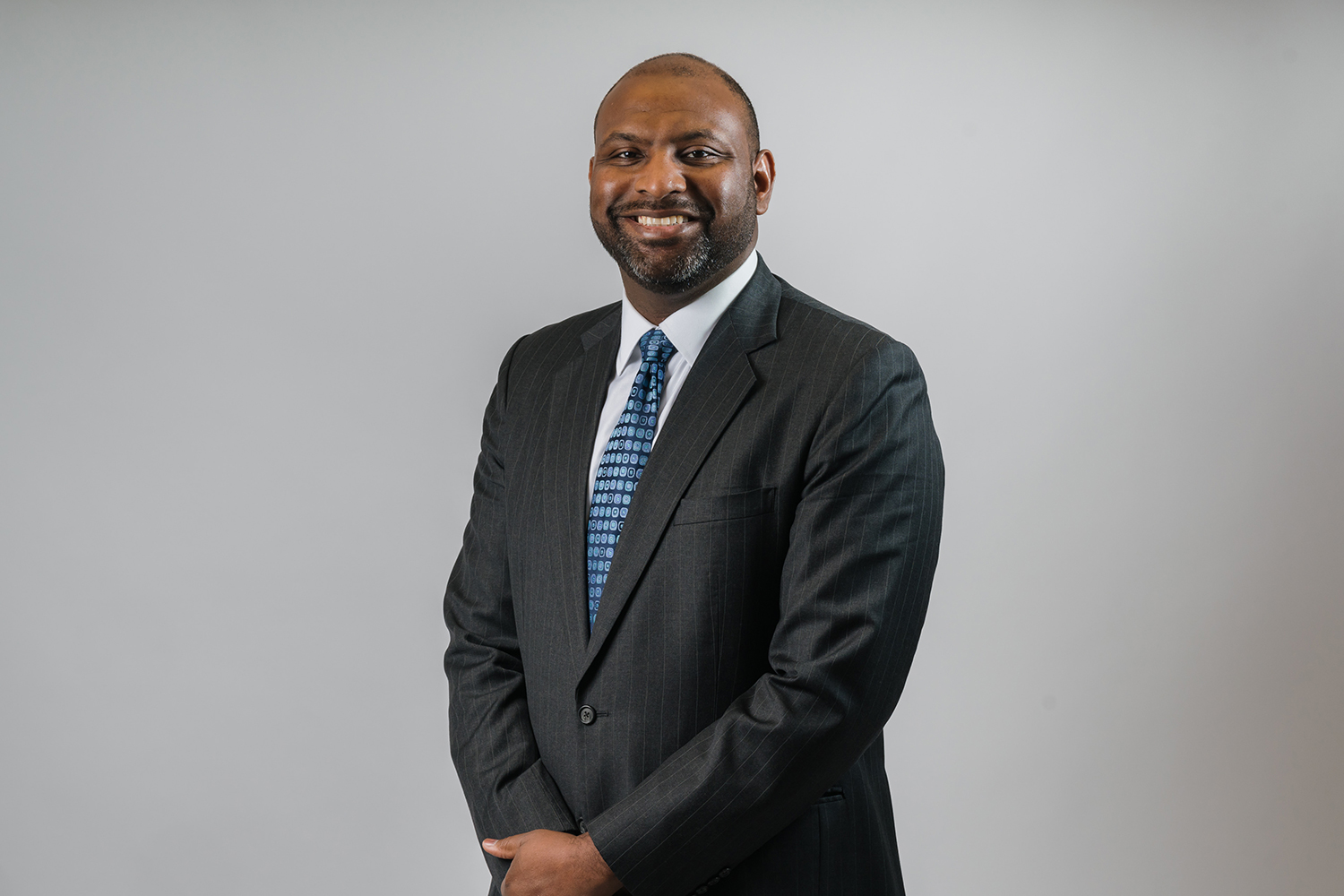
Christopher Levers
Partner | Legal
Cayman Islands

Christopher Levers
Partner
Cayman Islands
Services
We have the expertise to handle the most demanding transactions. Our commercial understanding and experience of working with leading financial institutions, professional advisers and regulatory bodies means we add real value to clients’ businesses.
Sectors
Our sector approach relies on smart collaboration between teams who have a deep understanding of related businesses and industry dynamics. The specific combination of our highly informed experts helps our clients to see around corners.
We have the expertise to handle the most demanding transactions. Our commercial understanding and experience of working with leading financial institutions, professional advisers and regulatory bodies means we add real value to clients’ businesses.
Legal
Corporate and Fiduciary
Consulting
Banking and Finance
Corporate
Dispute Resolution
Employment law
Intellectual Property
Investment Funds
Listing services
Local Legal Services
Our sector approach relies on smart collaboration between teams who have a deep understanding of related businesses and industry dynamics. The specific combination of our highly informed experts helps our clients to see around corners.
Ogier provides practical advice on BVI, Cayman Islands, Guernsey, Irish, Jersey and Luxembourg law through our global network of offices across the Asian, Caribbean and European timezones. Ogier is the only firm to advise on this unique combination of laws.
Keep up to date with industry insights, analysis and reviews. Find out about the work of our expert teams and subscribe to receive our newsletters straight to your inbox.
Fresh thinking, sharper opinion.
We get straight to the point, managing complexity to get to the essentials. Our global network of offices covers every time zone.
About us
Corporate social responsibility (CSR)
Diversity, equity and inclusion
Information security
Innovation
Sustainability
No Content Set
Exception:
Website.Models.ViewModels.Components.General.Banners.BannerComponentVm
Insight
19 September 2024
Cayman Islands
3 min read
What is the scope of the Grand Court of the Cayman Islands' jurisdiction to reverse and / or set aside actions taken by statutory provisions?
This has been a core question causing considerable discussion over the last few years.
In Re Real Estate and Finance Fund (unreported, 6 July 2022, Kawaley J), the Grand Court of the Cayman Islands (the Court) determined the presence of fraud was sufficient to set aside the dissolution of a company following a voluntary liquidation. In doing so, the Court made comment that it could exercise such a power even where "fraud" did not occur, however, evidence of non-compliance with the statutory regime's mandatory requirements would be needed (for more information on this decision, read our briefing: The Grand Court makes first restoration order in respect of fraudulently dissolved Cayman company).
What remained unclear was how far the Court's jurisdiction would stretch and, importantly, to which statutes. Following a recent decision of the Chief Justice in Re Cradle Holdings (unreported, 4 September 2023, Ramsey-Hale CJ), it has been confirmed that the Court's jurisdiction is of broad application.
Ogier acted for the executors of an estate of a wealthy foreign national with assets in the Cayman Islands. Within the estate of the deceased was a Cayman Islands exempted company that, prior to the deceased's death, had been deregistered by the Cayman Islands Registrar of Companies (the Registrar) on the basis that it would be transferred by way of continuation out of the Cayman Islands to Barbados (the Company). However, despite the Company fulfilling the migration process out of the Cayman Islands, it could not be formally completed in Barbados for various reasons. As a result, the executors wished to have the Company returned to the Cayman Islands Register of Companies (the Register).
In the Cayman Islands, section 206(2) of the Companies Act (Revised) (the Companies Act) sets out the requirements that an applicant company wishing to be transferred to another jurisdiction must satisfy prior to its deregistration from the Register (further details can be found in this briefing: Transfer by way of continuation out of the Cayman Islands).
The process to migrate an unregulated exempted company out of the Cayman Islands is usually straightforward. However, there can be very specific requirements from the jurisdictions involved.
In this case, one such requirement of the destination jurisdiction was to obtain a certificate of good standing. Unfortunately, this was not obtained prior to the deregistration of the Company in the Cayman Islands. By the time the error had been identified, the certificate could no longer be obtained because of the Company's deregistration from the Register. Due to this, the Company became "stuck" between two jurisdictions and there was no obvious route to regularise the position of the relevant company – the migration could not be completed and there is no statutory mechanism under the Companies Act to reverse the deregistration.
Ogier, on behalf of the executors, applied to the Court seeking the Company's restoration to the Register. As there was no statutory provision for setting aside a company's deregistration, the primary issue for the Court to resolve was whether the Company could be restored to the Register, and on what basis.
Although the application was made on a number of grounds, the Chief Justice ultimately applied the principle from In re Real Estate and Finance Fund. She found that, consistent with the findings of Kawaley J, where a statute requires something to be done, relief may be granted to reverse the effect of that statutory process. This is based on the statue containing an implied power to set aside its effect on the grounds of substantial non-compliance.
For this case, the Court was satisfied that a necessary condition to exercise the Registrar's power was that the Company could be registered to continue in the destination jurisdiction. Indeed, the Chief Justice held that "the proper working of the legislation that permits a company to change its place of incorporation requires that the Company can be registered as continuing in the relevant jurisdiction before it is deregistered here".
The Registrar was not at fault for the missing certificate of good standing which led to the Barbados conditions not being met. However, the Court ultimately found that it was a proper exercise of its power to set aside the deregistration due to the fatal non-compliance with the statute that invalidated the deregistration.
From a litigation perspective, the Court's decision helpfully demonstrates the flexibility of the Court's jurisdiction to set aside the outcome of statutory process, particularly outside of company dissolutions.
From a non-contentious perspective, the case emphasises the importance of taking careful and considered advice to avoid the need to commence expensive and time consuming litigation to seek remedial relief.
A company may seek to relocate from its original jurisdiction for a number of reasons, with regulation, tax and convenience impacting the assessment. Usually, the process of migrating an unregulated exempted company out of the Cayman Islands is straightforward. However, as this case demonstrates, it is extremely important for the process to be undertaken correctly with close attention paid to the requirements of both the origin and destination jurisdictions. Multiple variables need to be considered, including:
Ogier is pleased to provide further assistance with company migrations or, more generally, any company, fund or trust law matter. Do not hesitate to contact us for further information.

Christopher Levers
Partner | Legal
Cayman Islands

Christopher Levers
Partner
Cayman Islands

Anthony Partridge
Partner | Legal
Cayman Islands

Anthony Partridge
Partner
Cayman Islands

Ridhiima Kapoor
Managing Associate | Legal
Dubai, Cayman Islands

Ridhiima Kapoor
Managing Associate
Dubai, Cayman Islands

Chris Vincent
Senior Associate | Legal
Cayman Islands

Chris Vincent
Senior Associate
Cayman Islands
Ogier is a professional services firm with the knowledge and expertise to handle the most demanding and complex transactions and provide expert, efficient and cost-effective services to all our clients. We regularly win awards for the quality of our client service, our work and our people.
This client briefing has been prepared for clients and professional associates of Ogier. The information and expressions of opinion which it contains are not intended to be a comprehensive study or to provide legal advice and should not be treated as a substitute for specific advice concerning individual situations.
Regulatory information can be found under Legal Notice
Sign up to receive updates and newsletters from us.
Sign up
No Content Set
Exception:
Website.Models.ViewModels.Blocks.SiteBlocks.CookiePolicySiteBlockVm
